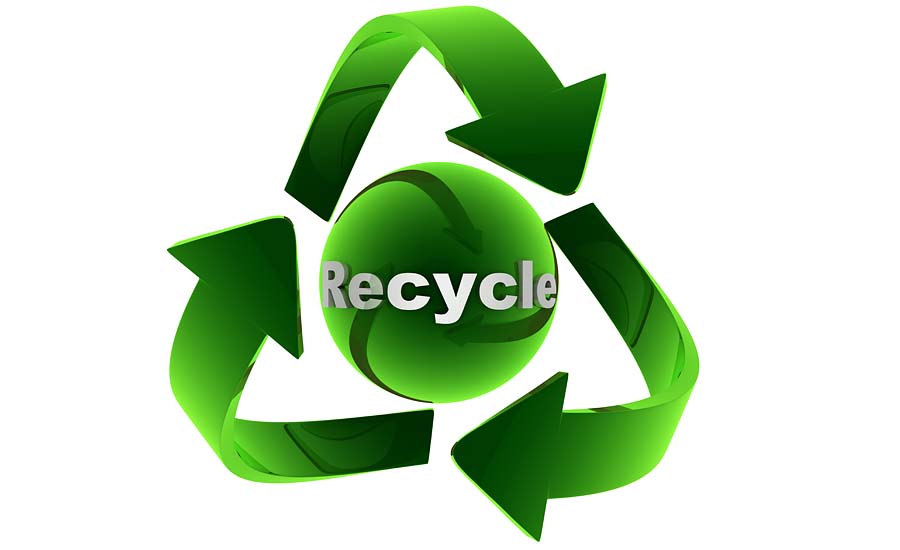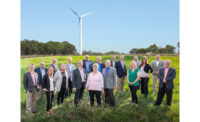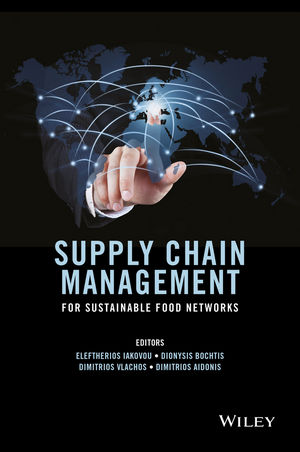In support of its vision To Be the Best Food Company, Growing a Better World, The Kraft Heinz Co., Pittsburgh, Pa., released its inaugural corporate social responsibility (CSR) report, which reveals the global food company's CSR strategy and goals and announces a new commitment to transition to 100% cage-free eggs in all global operations by 2025.
"At Kraft Heinz, we're focused on addressing the most critical environmental and societal challenges affecting our industry and global communities, and finding ways to drive meaningful change - today and in the future," says Bernardo Hees, chief executive officer. "We began our CSR journey back in 2015 - grounded in the ideals of our founders, J.L. Kraft and H.J. Heinz - and are proud to share the steps we've taken to improve our planet and its people."
The Kraft Heinz CSR strategy includes four key pillars:
- Better supply chain - creating a sustainable, global supply chain by establishing responsible farm-to-market ingredient and material sourcing policies;
- Better environment - promoting environmental sustainability by managing and reducing the company's resource needs to minimize its impact on the planet and preserve natural resources;
- Better products - meeting the needs and demands of today's consumers by improving the nutritional and wellness profiles of Kraft Heinz products; and
- Better communities - strengthening communities around the world by making a sustainable difference in the fight to end global hunger and malnutrition.
The strategy also builds upon CSR goals and policies aimed at eliminating global hunger and malnutrition, creating a more sustainable supply chain and reducing its environmental footprint, as well as a more recent commitment to raise standards for treatment of broiler chickens in its U.S. supply chain.
In the report, Kraft Heinz also introduces two new, global goals within its better supply chain and better products pillars. In the first, Kraft Heinz will expand its previous commitments to source cage-free eggs in North America, Europe and Latin America, and will transition to a 100% cage-free egg supply globally by 2025. To date, the company has transitioned one-third of its global egg supply to cage-free.
Additionally, Kraft Heinz will expand its product nutrition guidelines globally, with a target to achieve 70% compliance by 2023. As the foundation of the company's nutrition and wellness approach, the guidelines recommend limits on calories, saturated fat, sodium and sugar; encourage positive vitamins and minerals, as well as nutritious food groups like fruits, vegetables, whole grains, lean protein and low-fat dairy; and favor wellness attributes like natural and organic.
Additional highlights from the report include:
- Sourcing 100% RSPO-certified sustainable palm oil, more than 90% of which is traceable to the mill;
- Delivering training and resources to more than 2,000 Honduran coffee farmers to help them increase their yields and incomes;
- Ending the use of fish aggregating devices (FAD) for all tuna-sourcing activities in Australia, putting the company on track to use 100% FAD-free tuna in all Greenseas products by the end of 2017;
- Reducing waste-to-landfill by 9.5%;
- Achieving landfill-free operations at six Kraft Heinz facilities, including Albany and New Ulm, Minn.; Ft. Smith, Ark.; Suffolk, Va.; Mt. Royal, Quebec, Canada; and Pudliszki, Poland;
- Reducing greenhouse gas emissions by 5.1%;
- Implementing renewable energy projects at three manufacturing sites, including Fresno, Calif.; Albany, Minn.; and Aligarh, India;
- Reformulating Kraft Macaroni & Cheese and Oscar Mayer hot dogs to remove artificial flavors, dyes and/or preservatives;
- Reducing sodium and sugar levels across the company's U.K. product portfolio, improving the nutritional profiles of core products like Heinz Cream of Tomato Soup (34% less sugar and 62% less sodium) and Heinz Beanz (27% less sugar and 52% less sodium); and
- Supporting the donation of more than 124 million meals to people in need, including 24 million meals to U.S. food banks.







